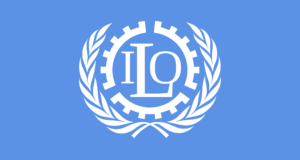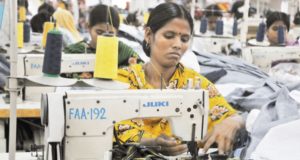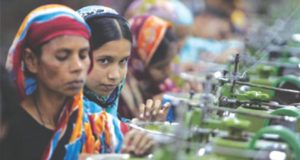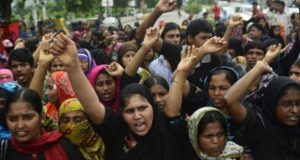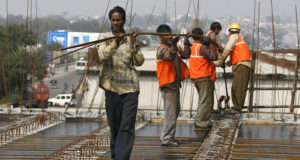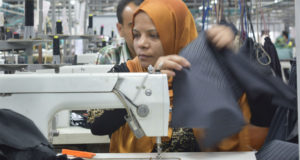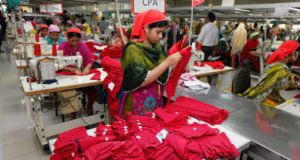Mauritius may have a reputation as a tropical paradise, but for thousands of migrants working in its factories, it represents a limbo of debt and bonded labour.
Read More »Govt to support remediation coordination cell with own fund
The government, pressed by the expiry of two global buyers’ platforms in July, is planning to strengthen with its own fund its remediation coordination cell, which will take over the responsibility of the post-remediation oversight of readymade garment factories, as the ILO fund is yet to be available.
Read More »ILO reiterates the need to meet ILO Conventions
The expert committee of the International Labour Organisation in its observation urged the government to ensure that the Bangladesh Labour Act and the Bangladesh Labour Rules meet ILO Conventions.
Read More »Govt revises requirement for forming trade union
The percentage of workers whose consent is required for forming trade unions in garment factories will be brought down from 30 to 25, a government move apparently resulting from pressure from international communities.
Read More »ILO dissatisfied over trade union registration proposal
An ILO expert committee has expressed its dissatisfaction over the recent labour law amendment proposals by the Bangladesh government, saying that the proposal of minor reduction in the minimum membership requirements would not contribute to the free establishment of workers’ organisations in a large number of enterprises in the country.
Read More »Low enforcement of laws leads to limited protection for female workers
Equal pay for equal work, the right to form a union—these, among other standards, protect workers from exploitation in the workplace globally.
Read More »Bangladesh should follow ILO’s set definition of wages for RMG workers
Although Bangladesh has made remarkable recent strides like building green factories and meeting stringent safety standards, garment workers here are still paid one of the lowest minimum wages in the world.
Read More »Three-quarters of Indian workforce will be in ‘vulnerable employment’ by 2019: ILO report
77% of Indian workers will have vulnerable employment by 2019; labour experts say increase in contract labour and own-account work coupled with declining unemployment is the reason.
Read More »Egypt aiming to become the next hub for apparel sourcing
After nearly seven years in the economic doldrums, Egypt is keen to bolster its clothing exports, worth some $1.4bn a year, and employ over one million Egyptians.
Read More »Govt. to digitise safety inspections
Safety and compliance inspection in the country’s industrial sectors, especially in the apparel industry, is going to be digitalized soon, as part of the government’s move to technologically overhaul the country.
Read More » CPD RMG Study Stitching a better future for Bangladesh
CPD RMG Study Stitching a better future for Bangladesh


